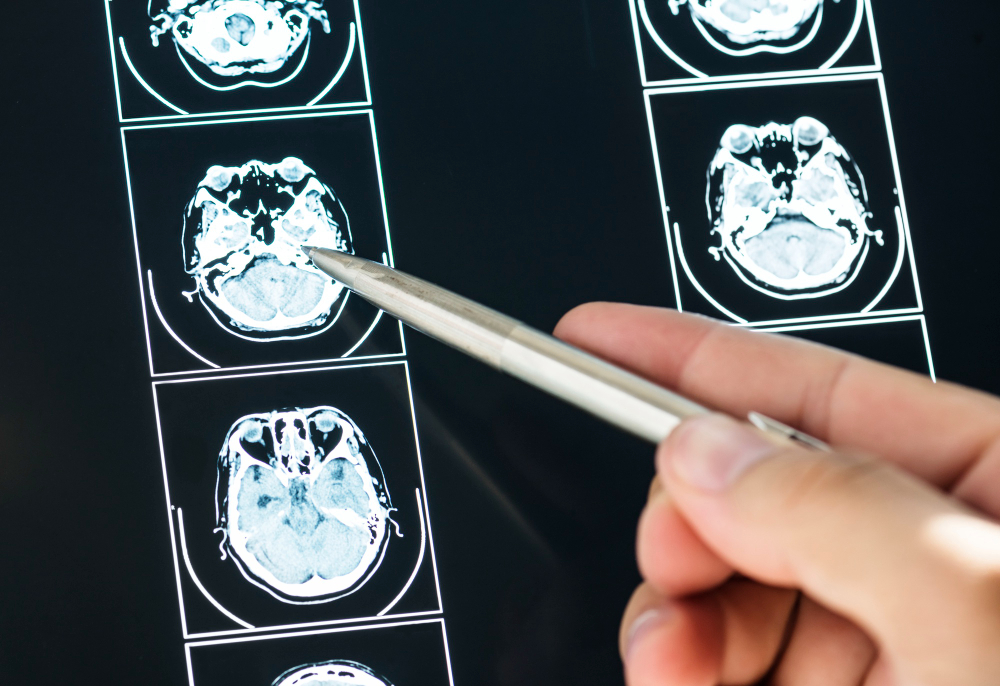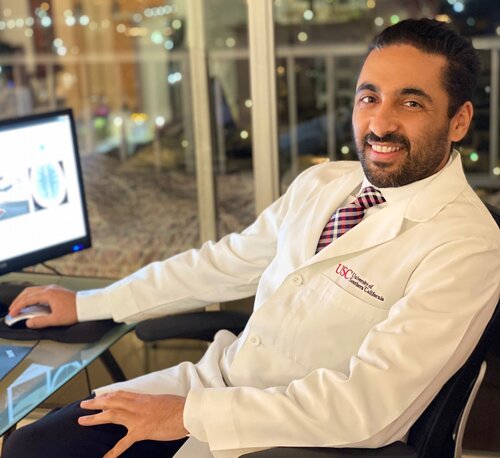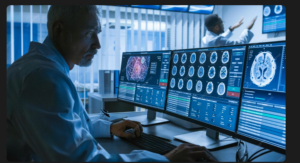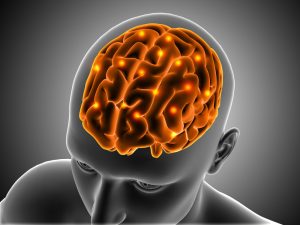Did you know there were over 68,000 TBI-related deaths in the United States in 2021? Traumatic Brain injury is a significant cause of death and disability, and nearly 10 million Americans are admitted to sustaining a TBI in the past year, which affected about 2.2% of children and 3.3% of adults. Brain injuries are both medically and legally complex, and one of the biggest challenges in personal injury or criminal cases involving TBI is the lack of evidence.
Table of Contents
ToggleSources:
https://www.cdc.gov/traumatic-brain-injury/data-research/facts-stats/index.html
https://www.sciencedirect.com/science/article/abs/pii/S1047279725000316
You cannot see a concussion or a loss in cognitive ability on an X-ray the same way you can see a broken bone, and that makes it incredibly hard for judges, juries, or even lawyers to fully grasp the severity and impact of the injury. That’s where neuroscience expert witness testimony becomes essential.
But, What Is a Brain Injury?
A brain injury occurs when an external force, like a blow to the head or a violent jolt, disrupts the brain’s normal function. TBI can range from mild (concussions) to severe (involving long-term cognitive or physical impairment). Symptoms might include memory loss, trouble concentrating, mood swings, fatigue, and even changes in personality.
While some injuries heal over time, others cause lasting damage, and because every brain is different, so is every brain injury. Now, belonging to the non-medical field, imagine trying to explain all this in a courtroom. Sounds daunting, right? That’s where a neuroscience expert witness steps in.
How Do Expert Witnesses Help?
You can think of expert witnesses as translators, people who take complex medical jargon and turn it into something that the average person can understand. These experts are often neurologists or neuroradiologists who have years of clinical and research experience. In court, they unbiasedly explain how the injury occurred, which areas of the brain were affected, and how that damage impacts a person’s daily life.
For example, let’s assume someone sustained a brain injury in a car accident. The defense might argue it was a minor bump and the plaintiff is exaggerating. However, attorneys can hire a neuroradiologist expert witness to review the patient’s brain MRIs to evaluate the real-life consequences based on the character and location of the imaging findings. Suddenly, the invisible becomes visible.
Their Role in Building a Legal Case
In both civil and criminal cases, the testimony of a neuroscience expert witness can significantly impact the outcome of a case. In personal injury claims, it helps determine the extent of damages and future care costs. Whereas, in criminal trials, such testimony might explain whether a defendant was capable of forming intent or if a brain injury affected their behavior.
We would say it’s not about swaying the jury emotionally, but about giving them the scientific and clinical facts. Professional neuroscience expert witnesses connect the imaging findings to the story of the person who has been affected.
Final Thoughts
At the end of the day, understanding brain injuries takes more than just scans and symptoms; it takes expertise. With the help of an expert witness, the legal system can better understand the often invisible and deeply personal impact of brain trauma. If you or someone you know is navigating a legal battle involving a TBI, feel free to connect to our neuroscience expert witness at Neuro Exerts, PC today, because impartial expert testimony isn’t just helpful; it could be the most crucial part of the case.








